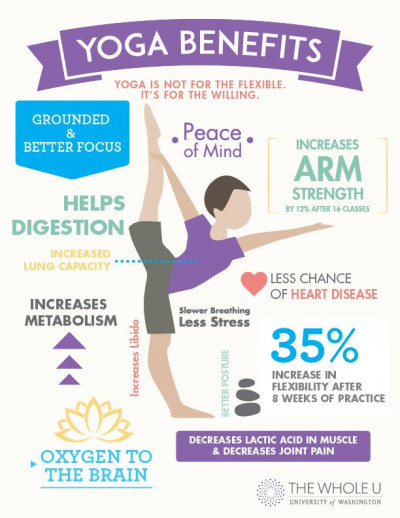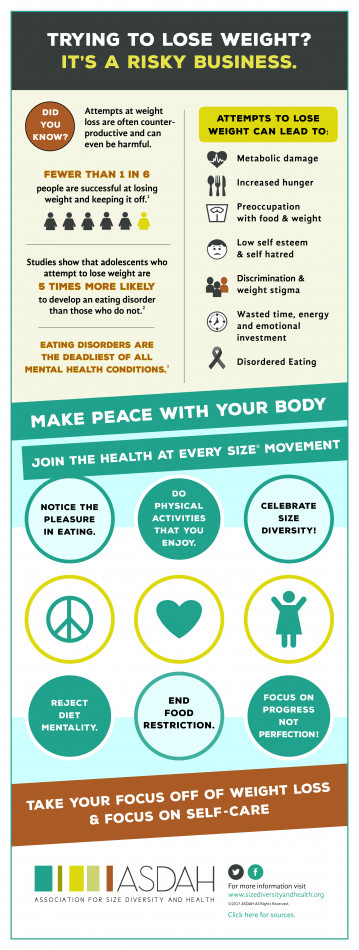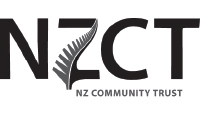Humans are unique as we have a sense of spirituality. We are conscious of our thoughts and can have strong connections to history, culture, and our environment. For some this comes in a religious sense, others it’s about values and direction.
On this page:
- Understanding motivation
- How to build a positive relationship with food, movement and your body
- Moving away from weight-based goals
- Yoga, meditation and tai chi: what is it all about?
- Taha Whenua: our connection to the land
1. Understanding motivation
Finding the motivation to make a change isn't always easy. Often, we sit around and wait for motivation to help push us into gear, but it never seems to come. We have found that the best bet is to just start by doing something. Whether it's...
- Bringing the fruit and vegetables to the visible part of the fridge
- Putting your shoes on and getting outside
- Putting a time limit on using your phone at night.
Take a moment to note down some small changes you could make, remember action leads to motivation. If you need some support with this try out our S.M.A.R.T. goals resource which has steps to help you recognise your motivation and confidence to achieve.
Still, needing inspiration? Here is an article on 15 Ways to Motivate Yourself and Others
Back to the top
2. How to build a positive relationship with food, movement and your body
Ever feel like you are in a tug of war with food, or your feelings about your body? This can be caused by years of diet-culture damage. Yo-yo dieting, exercising to 'use calories', and weighing yourself can make us feel inadequate; like we aren't achieving or are not good enough. The non-diet approach can support you on this journey, here are a few of our favourite tools.
- Instead of seeing food as good and bad, try to think about the qualities of the kai: is it nourishing? Is it something to sit down, enjoy and eat mindfully? Try to alter your mindset around food. Practice making peace with food so that you're eating experiences are no longer guilt-ridden, and instead enjoyable.
- Mindful eating can help us slow down in meals and make a conscious decision of when to stop eating (not just finishing the plate). Nicola Jackson, a Registered Nutritionist from the Wairarapa has put an article together explaining the steps: Eating Mindfully
- When thinking about ideas of how to move your body (e.g physical activity) think about what brings you joy. Remind yourself it's okay to do something which isn't a gym, i.e. yoga or dancing!
Back to the top
3. Moving away from weight-based goals
How does it feel when we say, put the scales down? If it's a bit uncomfortable, that is completely normal as it's the opposite of what science has been telling us for years. If you're looking for a different approach, check out this information from the Association for Size Diversity and Health.
Back to the top
4. Yoga, meditation and tai chi: what is it all about?
Yoga, meditation and tai chi are well-known practices for reducing stress. Yoga involves holding poses, tai chi is slow dance-like movements, and meditation is practising being 100% present. Meditation can be silent, guided, sitting, walking or dancing - whatever works for you.
The challenge of each of these practices is to let go of your surroundings and release yourself of judgemental thoughts. Just like building our biceps in the gym to get strong, we need to build our mind-muscles too. Check out the resources and ideas on the Taha Hinengaro page, or check out our Activity Directory.

Back to the top
4. Taha Whenua: our connection to the land
Caring for our Wairua can mean many things; for some, it's about exploring the relationship with the environment, people and heritage in the past, present and future. Take some time to be aware and connect to your surroundings. Going out into nature on one of Wellington's regional trails, away from the hustle and bustle of the city may help you tune in to your inner self. Take the kids out into the outdoors and try out this Nature Scavenger Hunt to help them experience the awe of their surroundings.











